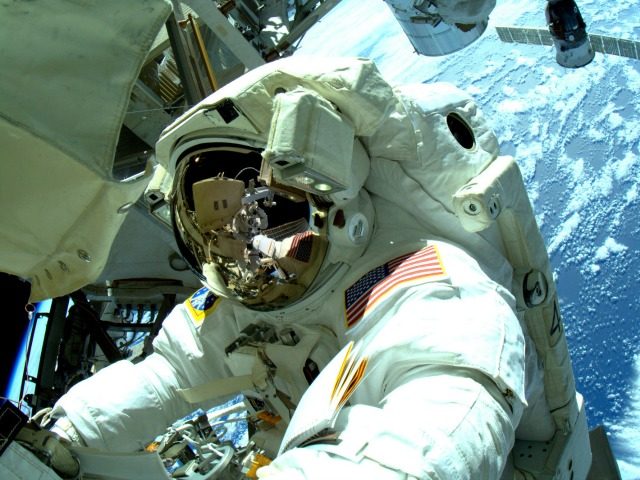A new era of space exploration comes with new challenges, chief among them our own sun’s radiation.
Heart disease has become a very real hazard of time spent in deep space outside of the protective shell of Earth’s atmosphere. Exposure to naked solar radiation appears to deal significant damage to the human cardiovascular system — damage that has already proven fatal to three out of the seven Apollo astronauts to have died since taking on a mission outside the relative safety of a near-Earth orbit.
Florida State University’s Professor Michael Delp, one of the men researching these potentially deadly side effects, explains that we know “very little about the effects of deep space radiation on human health,” and this is but a “first glimpse into its adverse effects on humans.”
But cardiovascular disease and complications in a test bed of seven subjects is hardly conclusive proof, so Delp and his associates have already taken steps to try and duplicate the problem according to the scientific method. Using mice as stand-ins for human test subjects provided results in six months, rather than the roughly 20 year equivalent in humans.
The furry participants were exposed to equivalent radiation as actual space explorers, and within that six month window had already begun to show signs of the arterial damage that causes the aforementioned cardiovascular complications. Delp asserts that the “mouse data” is proof that “deep space radiation is harmful to vascular health.”
With the European Space Agency, Russia, and China all planning potential missions to the moon, the data is more pertinent than ever. SpaceX has projected a manned mission to Mars as soon as 2026, as much as a decade before NASA’s own estimates, and an exceptionally brief time period in which to address all of the potential complications.
Follow Nate Church @Get2Church on Twitter for the latest news in gaming and technology, and snarky opinions on both.

COMMENTS
Please let us know if you're having issues with commenting.